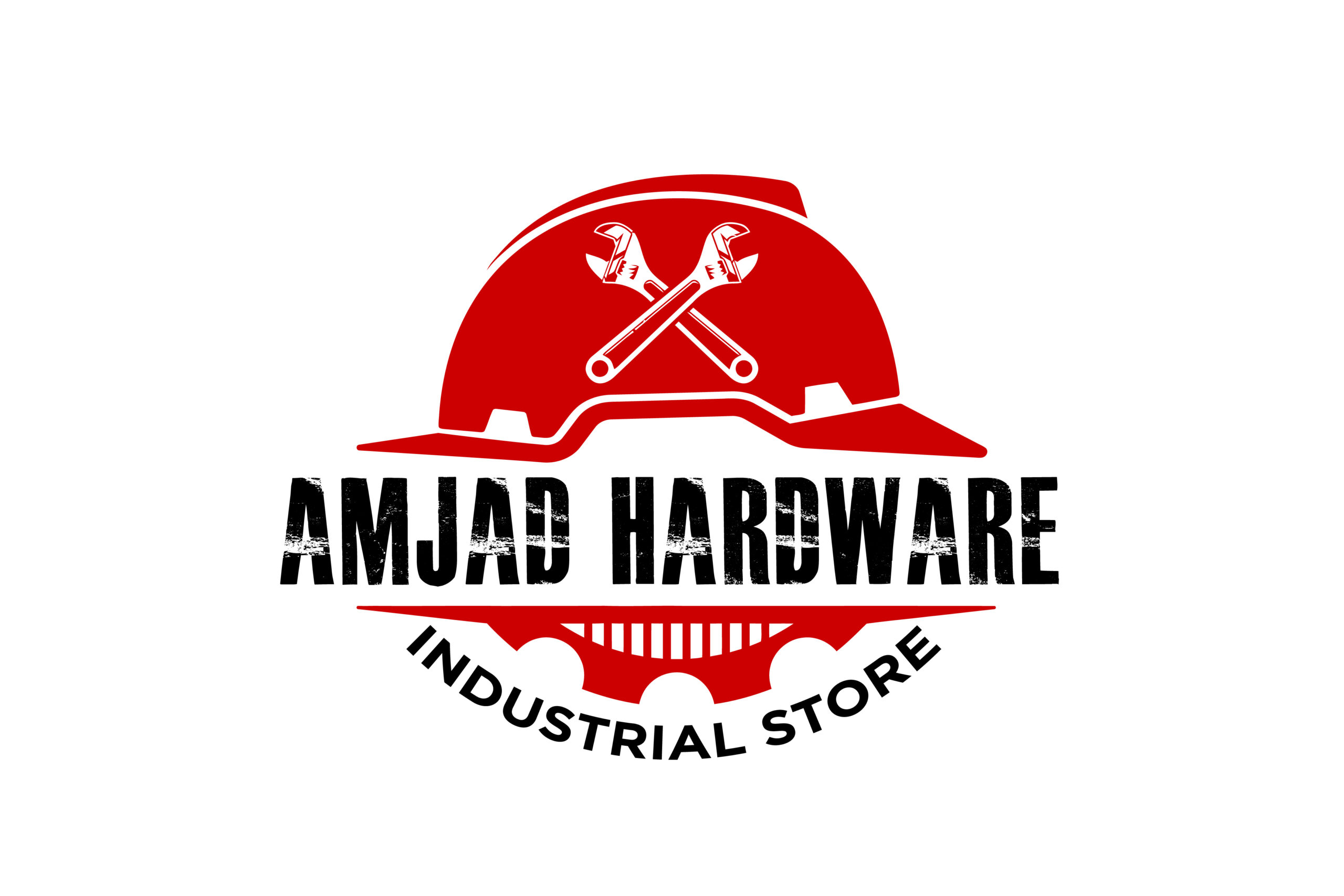
From the furniture in your home to the towering skyscrapers in your city, screws, nuts, and bolts are the unsung heroes holding it all together. These small yet mighty fasteners play a crucial role in modern engineering, construction, and daily life. But what makes them so indispensable? Let’s dive into the fascinating world of screws, nuts, and bolts to uncover their significance, types, and uses.
Screw nut bolt
Screws: The Spiraled Workhorses
A screw is more than just a piece of metal it’s a marvel of design. With its helical threads, it transforms rotational force into linear motion, creating a secure hold in materials.
- Types of Screws: Wood screws, machine screws, sheet metal screws, and self-tapping screws.
- Applications: Ideal for woodworking, machinery, and electronics.
- Pro Tip: Always choose the right screwdriver to match the head type for maximum efficiency.
Nuts: The Perfect Partner
Nuts are the loyal companions to bolts, ensuring a tight and secure fastening. These tiny but powerful components provide stability and adjustability.
- Common Types of Nuts: Hex nuts, wing nuts, lock nuts, and flange nuts.
- Applications: Frequently used in automotive, mechanical, and industrial projects.
- Pro Tip: Pair nuts with washers to distribute pressure and prevent damage.
Bolts: The Backbone of Fastening
Bolts are the foundation of heavy-duty construction. Unlike screws, they require a nut to complete the fastening process, making them suitable for demanding tasks.
- Popular Bolt Types: Carriage bolts, anchor bolts, eye bolts, and hex bolts.
- Applications: Structural projects, machinery assembly, and infrastructure.
- Pro Tip: Use a wrench or spanner for a firm and secure fit.
Why This Trio is Unstoppable
The synergy between screws, nuts, and bolts creates a reliable and reusable fastening solution. Their combined strength and versatility make them irreplaceable in countless industries.
Choosing the Right Fastener
To select the perfect screw, nut, or bolt for your project, consider:
- Material: Steel, stainless steel, or brass for durability and corrosion resistance.
- Size: Ensure proper length and thread compatibility.
- Environment: Opt for rust-resistant coatings in outdoor or high-moisture settings.
Innovations in Fastening Technology
With advancements like self-locking nuts, torque-controlled bolts, and eco-friendly materials, the world of fasteners is continuously evolving to meet modern demands.
Final Thoughts
Screws, nuts, and bolts may seem small, but their impact is monumental. Whether you’re assembling a chair or constructing a bridge, these fasteners are the backbone of your project. Next time you pick up a screw, nut, or bolt, take a moment to appreciate the engineering brilliance behind it.
FAQs
What is the difference between a screw and a bolt?
A screw is typically used on its own to create a secure hold by threading into material, while a bolt requires a nut to fasten two or more objects together.
How do I choose the right size of nut or bolt?
Consider the diameter, thread pitch, and length of the bolt. Ensure the nut matches the thread size and type of the bolt for a secure fit.
What materials are screws, nuts, and bolts made of?
Common materials include steel, stainless steel, brass, and aluminum. For specific environments, galvanized or coated fasteners are used to resist corrosion.
What is a washer, and why is it used with nuts and bolts?
A washer is a flat disc placed between the nut/bolt and the material surface to distribute pressure, prevent damage, and reduce loosening due to vibration.
Can screws, nuts, and bolts be reused?
Yes, but only if they are in good condition without damage to threads or heads. For critical applications, new fasteners are recommended for safety and reliability.
